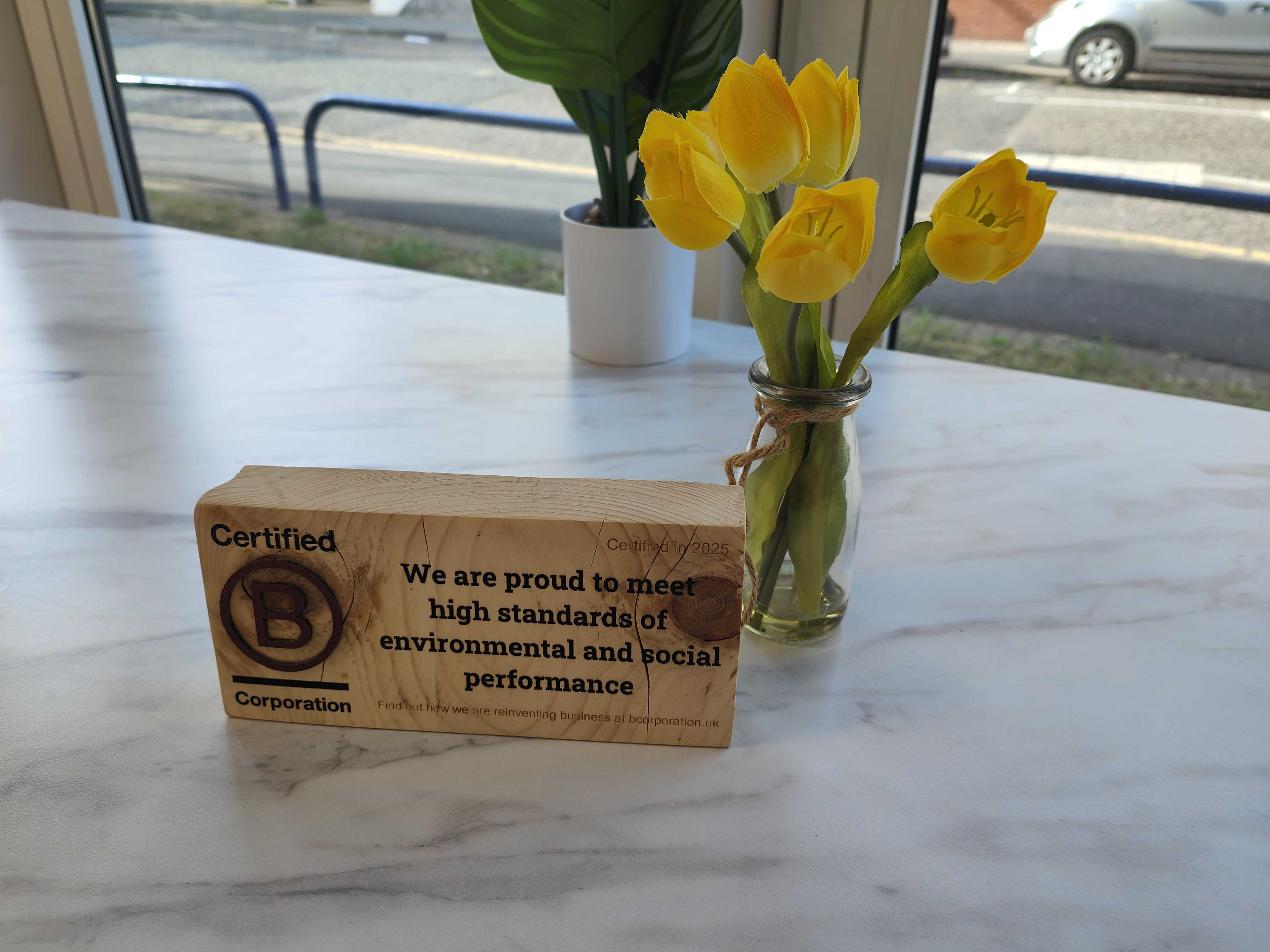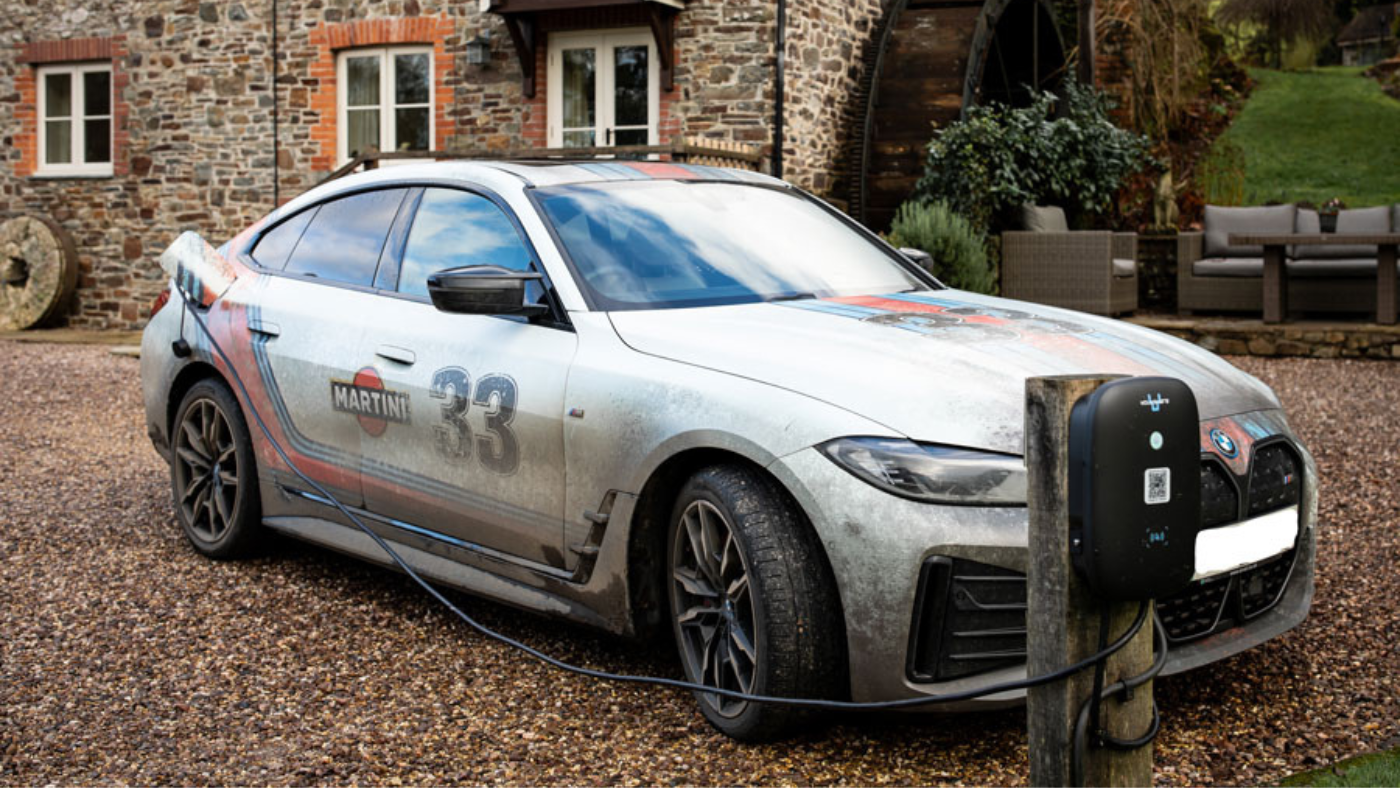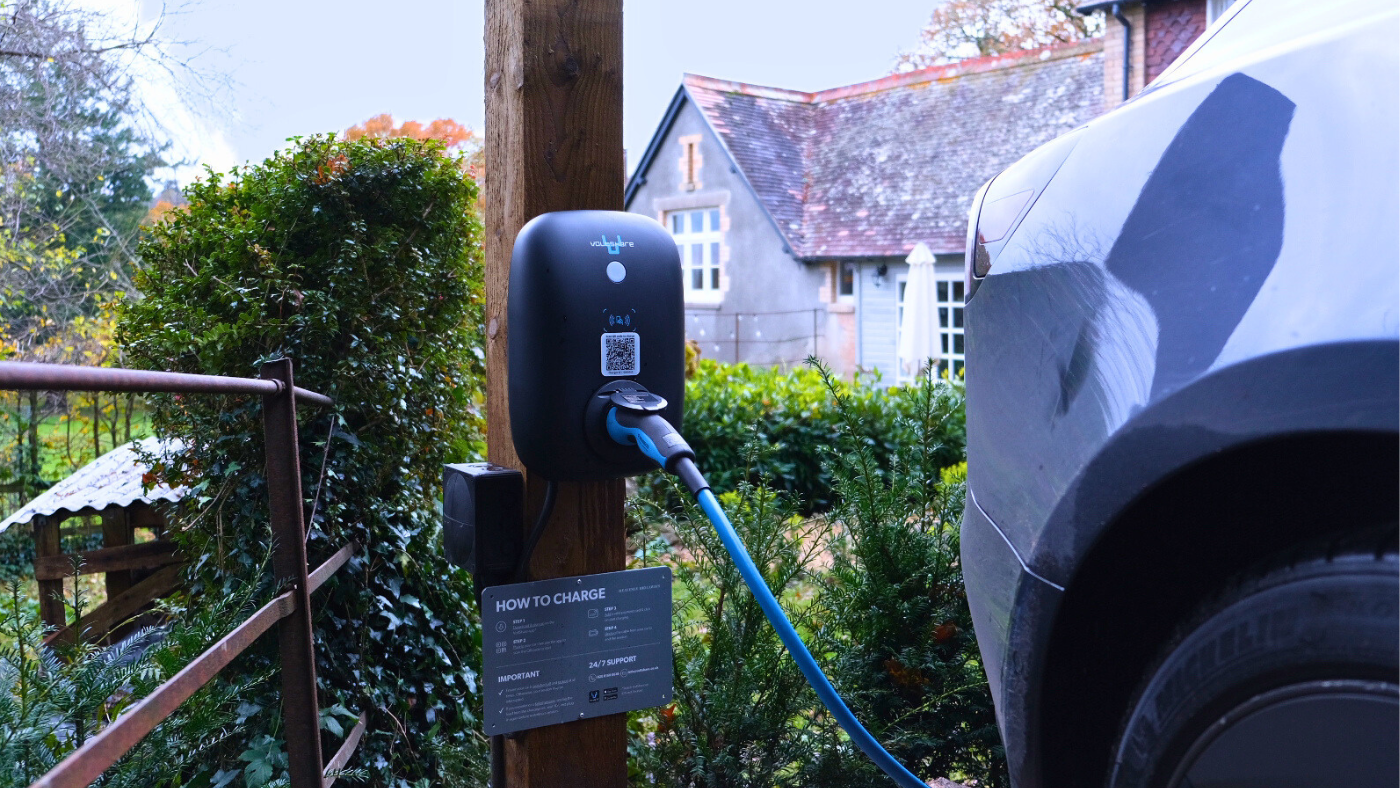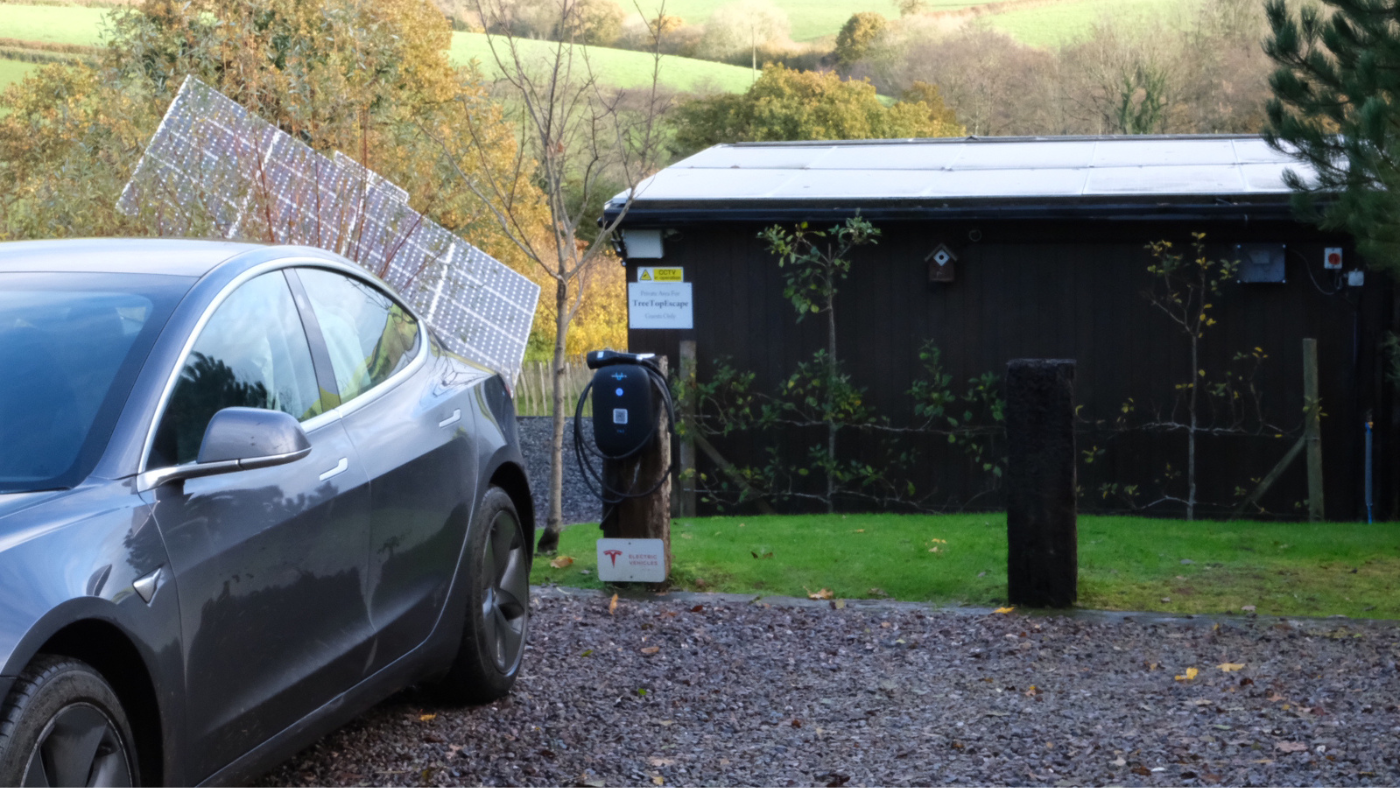Discover how expanding the EV charging network is key to replacing petrol and diesel vehicles and building a sustainable transport future.

Businesses often mistakenly assume a lack of direct inquiries for EV charging means no demand, but this oversight is causing them to miss out on a growing market of EV drivers who filter for charging availability when choosing venues.

It’s common for venue owners to assume that if customers aren’t directly asking for EV charging, there must not be any real demand. But honestly, that’s a risky assumption that blinds businesses to what’s actually happening out there—consumer habits are shifting, and there’s a growing opportunity that’s easy to miss.
Venues without EV charging infrastructure are quietly losing out on potential customers and revenue, as more EV drivers pick places to stay or visit based on charging availability. With the 2030 ban on new petrol and diesel cars looming and plenty of government grants up for grabs, the move to electric is picking up speed fast.
This gap between what venue owners think customers want and what’s really happening means many places are falling behind those already offering EV charging. It’s worth taking a closer look at how this oversight impacts business and what can be done to keep up as the world goes electric.

Assuming customers don’t want electric vehicle charging misses the mark on how people actually behave. EV drivers are out there searching for venues with charging facilities, and with government policies pushing things along, the trend isn’t slowing down.
The absence of direct requests doesn’t mean there’s no demand. Most EV drivers simply don’t bother asking venues about charging—they use apps and booking sites to filter out places that don’t have what they need before ever making contact.
These drivers rely on booking platform filters to find properties with charging infrastructure. If a venue doesn’t offer it, it’s quietly dropped from consideration—owners never even know they’ve lost a booking.
This silent filtering effect means potential guests just don’t show up in the system. Venues without charging facilities wonder why their bookings aren’t improving while their competitors seem busier.
For EV drivers, it’s not really about preference—it’s a practical necessity. They need to plan charging stops in advance to avoid range anxiety and make sure their trip runs smoothly.
Today’s customers expect venues to be proactive and anticipate their needs. If you’re just reacting to what’s already happened, you’re already behind.
Attitudes toward electric vehicles have shifted quickly, especially as government policy pushes for change. The 2030 phase-out of new petrol and diesel cars has sped things up for everyone.
Electric car sales are climbing every month, with more models and better batteries hitting the market. Businesses are switching their fleets to electric, trying to get ahead of the curve.
Why are people switching?
Business travellers are increasingly driving electric too, especially as companies focus more on sustainability. These folks often bring repeat business—if a venue has the right charging setup.
Whether or not a venue has charging points directly affects how EV drivers choose where to go. Places with reliable charging are already seeing the benefits as more people go electric. Customers are starting to see charging availability as a must-have, not just a nice bonus.
It’s not just EV drivers who benefit:
In rural and suburban areas, public charging can be patchy. Venues that fill these gaps become a magnet for drivers who’d otherwise avoid the area.
Installing charging points is a clear sign that a business cares about innovation and sustainability. Even guests without electric cars notice and appreciate that forward-thinking attitude.
Some venue owners think having a public EV charger just down the road is good enough—that drivers can simply stop there before or after their visit. But the reality is more nuanced, and this assumption can cost you business.
EV drivers don’t want their visit to revolve around finding a charger somewhere else. They want the convenience of plugging in as soon as they arrive, then enjoying their time without constantly worrying about battery levels or making extra stops. On-site charging means they can “set and forget” — whether they’re dining, shopping, or staying overnight.
Relying on nearby public chargers shifts the hassle onto your customers. It forces them to plan their visit around charging availability instead of simply enjoying your venue. This inconvenience often leads drivers to pick venues where charging is integrated into the experience, not an afterthought.
Moreover, public chargers can be busy, unreliable, or located inconveniently, which adds stress and uncertainty. Having your own chargers means you control the experience and can ensure availability, quality, and ease of use.
Offering on-site EV charging shows you understand your customers’ needs and are committed to a seamless, modern experience. That’s the difference between being a preferred destination and just another stop along the way.

Venues that still don’t offer EV charging are facing bigger problems as electric vehicle adoption picks up speed. The 2030 petrol and diesel car ban, along with generous government grants and shifting customer expectations, all add up to a real disadvantage for businesses slow to adapt.
EV drivers are filtering their choices by charging availability. This is a growing group with more money to spend, and they care about sustainability when making decisions.
Hotels, restaurants, and leisure spots without charging points are losing bookings to places that do. Plus, charging time means customers stick around longer—more chances for food, drinks, or even a little shopping.
What venues are missing out on:
Many EV drivers plan their trips around charging, not just convenience. If you’re on a major route but don’t have chargers, you’re pretty much invisible to them.
The £650 million government grant scheme is making EVs more accessible, so more people expect charging as a standard amenity—not a luxury.
Venues with EV charging set themselves apart as forward-thinking and eco-friendly. This draws in not just EV drivers but plenty of environmentally conscious customers in general.
Three quarters of EV owners are unhappy with the current charging infrastructure. So, venues offering reliable charging solutions really stand out.
The positive reputation goes beyond just your customers. Local communities notice when businesses support greener transport, and that often leads to good word-of-mouth and social buzz.
Competitive edges include:
Venues without charging miss the chance to align with corporate sustainability goals. More business travellers and event organisers are looking for venues that support their green commitments.
The cost of missing out on EV charging adds up over time. Lost bookings, shorter stays, and missed sales from guests hanging around during charging all chip away at revenue.
EV drivers usually have more to spend. Without charging, venues cut themselves off from this valuable market—especially tough for premium hospitality businesses.
The gap in charging infrastructure isn’t the same everywhere. Rural and northern areas are behind the South East and London, so venues in these spots have a real chance to stand out.
Venues with off-street parking are in a great position to add charging. Ignoring this is just handing the advantage to competitors who are willing to invest.
With the 2030 petrol and diesel ban on the horizon, EV charging is quickly becoming a must-have. Waiting too long means bigger costs and lost ground to other venues.
Getting connected to charging networks means your points show up on popular EV charging apps. That’s a big deal for visibility, especially for drivers searching for places with charging on offer. Get in touch to discuss how EV charging can work for your business.